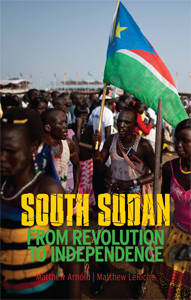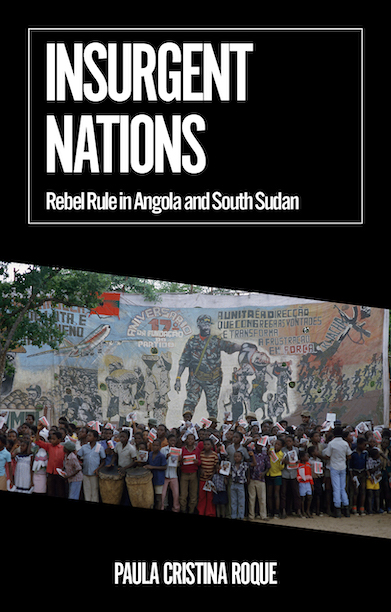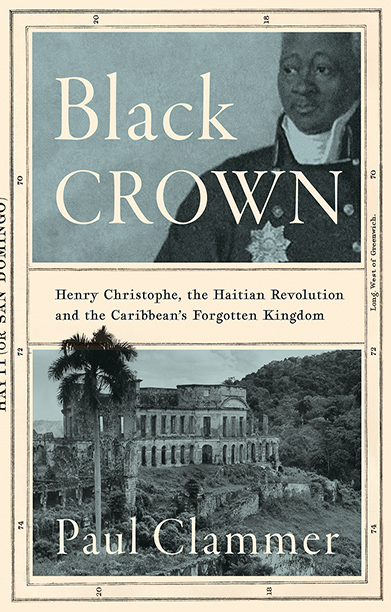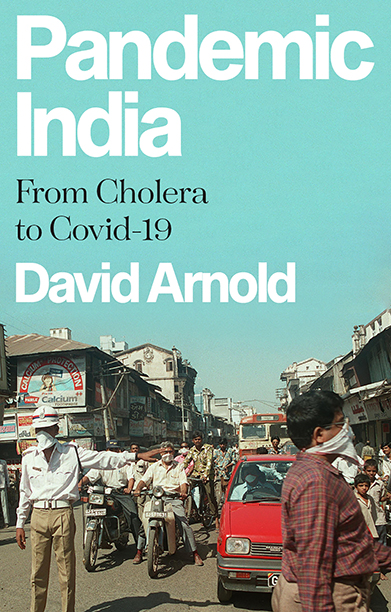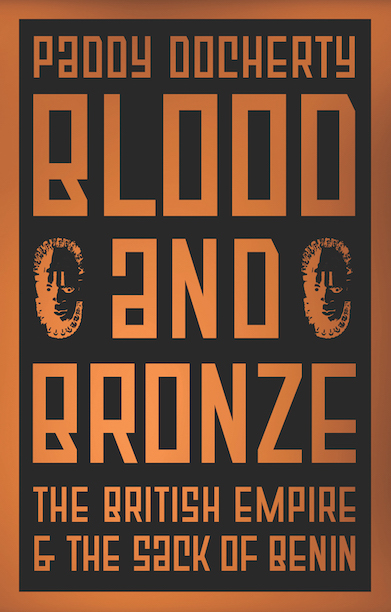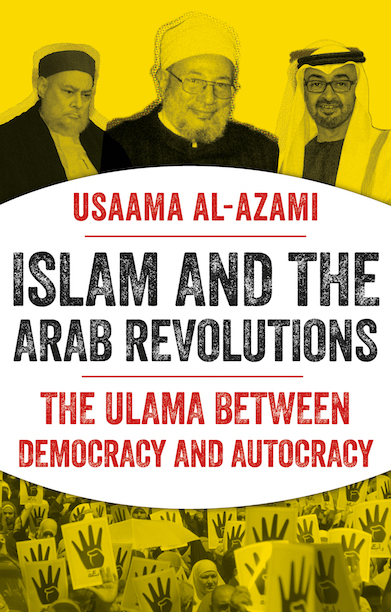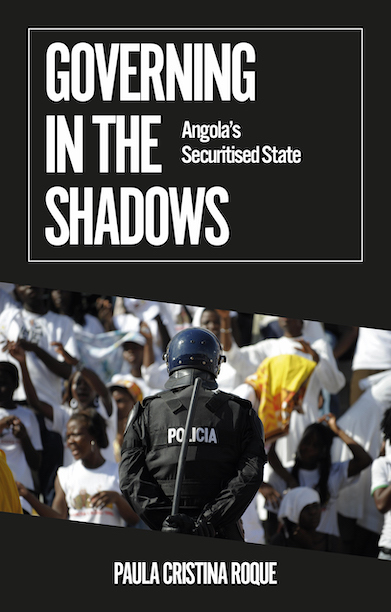South Sudan
From Revolution to Independence
‘An important and insightful early examination of the country which will be useful for scholars and policy-makers alike. […] LeRiche and Arnold are primarily political analysts and as such bring out the significance of many past developments for more recent times.’ — International Affairs
Description
In July 2011 the Republic of South Sudan achieved independence, concluding what had been Africa’s longest running civil war. The process leading to independence was driven by the Sudan Peoples’ Liberation Movement, a primarily Southern rebel force and political movement intent on bringing about the reformed unity of the whole Sudan. Through the Comprehensive Peace Agreement of 2005, a six year peace process unfolded in the form of an interim period premised upon ‘making unity attractive’ for the Sudan. A failed exercise, it culminated in an almost unanimous vote for independence by Southerners in a referendum held in January 2011.
Violence has continued since, and a daunting possibility for South Sudan has arisen — to have won independence only to descend into its own civil war, with the regime in Khartoum aiding and abetting factionalism to keep the new state weak and vulnerable. Achieving a durable peace will be a massive challenge, and resolving the issues that so inflamed Southerners historically — unsupportive governance, broad feelings of exploitation and marginalisation and fragile ethnic politics — will determine South Sudan’s success or failure at statehood.
A story of transformation and of victory against the odds, this book reviews South Sudan’s modern history as a contested region and assesses the political, social and security dynamics that will shape its immediate future as Africa’s newest independent state.
Reviews
‘The privileged access that the authors have gained as a result of their time spent in South Sudan, and the respect both earned from Government officials, former fighters, international officials and – most importantly – citizens of South Sudan – enriches this book with knowledge that cannot be found in other seminal pieces of literature on conflicts in the region. … This is an essential piece of reading for any scholars, policymakers and practitioners with an interest in the Horn of Africa. The work is exceptionally well-researched and builds effectively and comprehensively on existing literature … The concluding issues and questions raised at the end of the book are both deep and thought-provoking. These well-informed issues and questions will no doubt shape and inform both the academic and policy debate on South Sudan in the years to come.’ — LSE Review of Books
‘South Sudan is the world’s newest independent state and one of its most troubled, confronting both an external threat from an aggrieved government in Khartoum and internal challenges, including the political dominance of a liberation army that retains its militant posture. Arnold and LeRiche provide an excellent guide to the complex history and prospects of an independent South Sudan.’ — Alex de Waal, Executive Director of the World Peace Foundation and Research Professor at the Fletcher School, Tufts University
‘Why did Sudan’s first civil war, which aimed at secession, result in a form of semi-autonomy, and why did the second civil war — fought in the name of national revolution — end in secession? How was such a firmly entrenched (and profitable) civil war finally brought to a close? And what are the implications of Sudan’s history of conflict for the future of Sudan’s newest state? This fascinating study draws on in-depth knowledge and privileged access to the southern rebels to provide a cogent analysis of these questions. An excellent book that should be widely read.’ — David Keen, Professor of Complex Emergencies at the London School of Economics and author of Useful Enemies: When Waging Wars is More Important than Winning Them
‘In the first comprehensive analysis of the world’s youngest state, LeRiche and Arnold explore the role those government policies played in leading to the birth of South Sudan. They examine the roots of the civil wars that raged for years between southern Sudanese guerrillas and the Sudanese army and chronicle the protracted negotiations that resulted in the South’s secession and independence last year. The book focuses mostly on the past, although the later chapters suggest reasons for pessimism about South Sudan’s future. LeRiche and Arnold make clear that only two things have historically held together the many different ethnic groups in the new country: the charismatic leadership of the late rebel leader John Garang, who died in a helicopter accident in 2005, and a shared distrust and anger at the authorities in Khartoum. As the two Sudans struggle over the sharing of oil resources, South Sudan’s governance has already been undermined by corruption, and ethnic fault lines have quickly appeared.’ — Nicholas van de Walle, Foreign Affairs
‘A timely, impressively researched and extremely important book on the politics of South Sudan that will become essential reading for students, scholars and analysts of the region as well as the politics of rebel insurgency, and post-conflict state building in Africa and beyond. South Sudan: from Revolution to Independence not only elegantly analyses the complex dynamics behind Sudan’s two civil wars, exploring the origins and politics behind the historic secession of South Sudan, but also shows, in impressive detail, the strategic, ideological and political struggles that eventually culminated in Sudan’s partition.’ — Khalid Mustafa Medani, Associate Professor of Political Science and Islamic Studies, McGill University
‘This fine work will be of interest to both the general reader seeking to understand the new state of South Sudan in its fabulous diversity and to the specialist wanting a ready reference. LeRiche and Arnold explain how Garang’s vision of a united, democratic, secular Sudan paradoxically led to Sudan’s ultimate bifurcation.’ — Scott Proudfoot, former Director & Chairman, Canada’s Sudan Task Force
‘The conflict in South Sudan has seemed to many to be a civil war without end. Although it grabbed headlines for decades, the conflict has not been well understood by the general public. This book is a careful exposition of the history that lead to this war, it outlines the war itself and presents an account of the road to the still precarious agreement that ended it. Written by two young political scientists who prefer inquiry at the grass roots to speculations from the ivory tower, this is a fine example of what a study of a war should be.’ — Mervyn Frost, Professor of International Relations, War Studies, King’s College, London
‘In this book, Arnold and LeRiche have elegantly explored the realities of state, politics and society in the newest country in the world. It should generate more intellectual and popular discussion than anything published before and after the independence of South Sudan.’ — Samson Wassara, University of Juba, South Sudan
‘Arnold and Le Riche have identified the essential political tensions that tested South Sudan’s cohesion throughout the civil war and Comprehensive Peace Agreement Interim Period, and that will continue to challenge the building of the world’s newest nation going forward. Their analysis of how the ideology, organizational structure, and political strategies of the Sudan Peoples’ Liberation Movement have developed over time is an important read for diplomats, policymakers, donors, and humanitarians working on South Sudan.’ — Amanda Hsiao, Enough Project Sudan Researcher
‘A welcome addition to the literature … demonstrates a profound and original understanding of the individuals who led South Sudan to independence.’ — Politique Africaine
Author(s)
Matthew Arnold is an academic and aid worker specialising in post-conflict reconstruction and the co-author of Militias and the Challenges of Post-Conflict Peace.
Matthew LeRiche has a PhD from King’s College London and has been living and working in South Sudan and the region since 2004. He is currently a Fellow in Managing Humanitarianism at the LSE.
